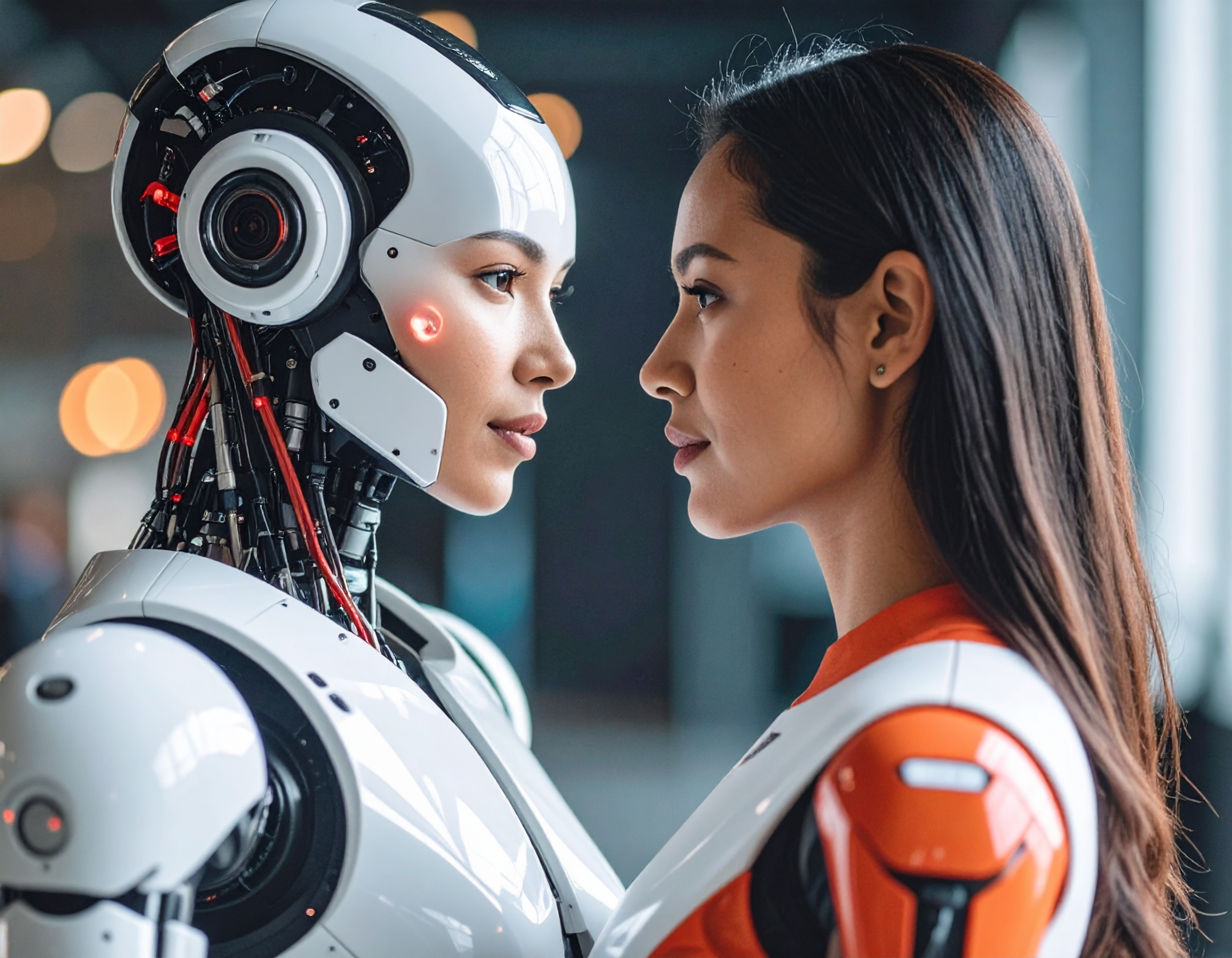The Future of AI: Merging Emotion and Intelligence

In a groundbreaking interview with the Global Times, Gao Yue, an associate professor at Tsinghua University, underscored the emerging necessity of integrating emotional intelligence with computational intelligence in AI development. This significant insight aligns with the 2024 agenda set by the China Association of Science and Technology, highlighting the development of robots with both emotion and intelligence as a top scientific priority.
Currently, AI advancements focus either on emotion analysis or computational tasks, with little emphasis on combining these aspects. Gao emphasized that merging emotional and cognitive capabilities will lead to more natural human-machine interactions, improving user experiences across various sectors.
Despite these promising applications, Gao identified three key research challenges:
- Multimodal Emotion Perception: Integrating sensory information from various channels to model emotional representations accurately.
- Personalized Emotional Analysis: Developing emotional models tailored to individual differences and dynamic changes over time.
- Biomimetic Emotional Interaction: Ensuring robots exhibit natural, fluid emotional expressions to foster genuine user connections.
The demand for advanced computational power and specialized chip design is also critical. Chinese institutions like Tsinghua University and tech companies such as iFlytek and Xiaomi are leading efforts in this field, developing large-scale emotional datasets and intelligent systems for practical applications. International collaboration and interdisciplinary research are crucial for advancing emotionally and cognitively intelligent technology globally, with a projected timeline of 3-5 years for initial implementation and 5-10 years for widespread adoption.
By fostering collaboration between universities, research institutes, and tech enterprises, China aims to spearhead advancements in AI, making emotionally intelligent robots an integral part of daily life.
Key Highlights:
- Medical Services: Emotionally intelligent robots can enhance patient care by recognizing emotional states and providing tailored support.
- Education: Personalized teaching plans based on student emotions can improve learning outcomes.
- Service Industry: Intelligent agents offering customized services can boost customer satisfaction.
- Home Settings: Digital employees can assist with household chores and provide companionship.
- Industrial Automation: Robots can adjust tasks based on workers' emotional states, increasing efficiency.
- National Security: Providing emotional support to soldiers can enhance their mental resilience and combat effectiveness.
Reference:


